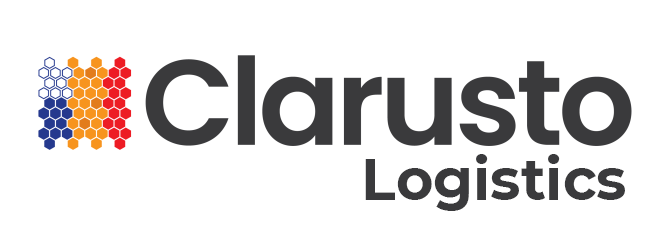INTRO In the rapidly evolving world of logistics and supply chain management, technology is playing an increasingly pivotal role. One of the most transformative technologies reshaping the landscape of cargo tracking systems is Machine Learning. With its ability to learn from vast amounts of data, make predictions, and provide actionable insights, machine learning is revolutionizing how goods are tracked, managed, and delivered globally. As a result, businesses are experiencing improved efficiency, reduced costs, and more accurate delivery timelines. The Evolution of Cargo Tracking Systems Before delving into how technology is transforming cargo tracking, it’s essential to understand how these systems have evolved. Historically, tracking shipments involved manual data entry, phone calls, and paper trails, leading to inefficiencies and delays. Over time, systems improved with the advent of RFID technology, GPS tracking, and real-time monitoring. However, despite these advancements, there were still gaps in predicting delays, optimizing routes, and managing logistics, leaving room for further innovation. Advanced analytics has stepped in to address these challenges, providing powerful tools for predictive analytics, route optimization, and real-time decision-making in cargo tracking. Enter Machine Learning (ML) – a subset of artificial intelligence (AI) that uses algorithms to analyze large datasets, recognize patterns, and make predictions. Unlike traditional systems that rely on pre-programmed instructions, machine learning systems can learn from the data they process, continually improving their accuracy and performance. How Machine Learning Enhances Cargo Tracking 1. Predictive Analytics for Delays and Disruptions One of the most significant challenges in cargo tracking is predicting delays due to factors like weather conditions, traffic, port congestion, or unforeseen circumstances such as natural disasters. Traditional systems often react to these issues after they have occurred. However, advanced analytics can analyze historical and real-time data to predict potential disruptions before they happen. For example, by examining patterns in previous deliveries, these systems can anticipate how weather conditions might affect a particular route, allowing businesses to make proactive adjustments. With these technologies, companies can improve forecasting accuracy and minimize delays by making data-driven decisions based on predictive insights. By predicting these delays, logistics companies can reroute shipments, adjust schedules, or notify customers ahead of time, enhancing overall supply chain reliability. 2. Route Optimization Another critical area where advanced analytics is making a substantial impact is route optimization. Logistics companies face constant pressure to deliver goods quickly and cost-effectively. Analytics algorithms can analyze various factors, such as traffic conditions, fuel consumption, and weather patterns, to suggest the most efficient delivery routes. This not only speeds up delivery times but also reduces fuel costs and lowers carbon emissions. In addition, machine learning systems can continually update routes in real time, adjusting for changing conditions. For example, if a major highway suddenly becomes congested, the system can reroute trucks automatically, ensuring minimal delay. 3. Enhancing Fleet Management Fleet management is a crucial aspect of cargo tracking, involving the monitoring and maintenance of vehicles that transport goods. Machine learning can improve fleet management by predicting when a vehicle might need maintenance based on its performance history, fuel consumption, and…


